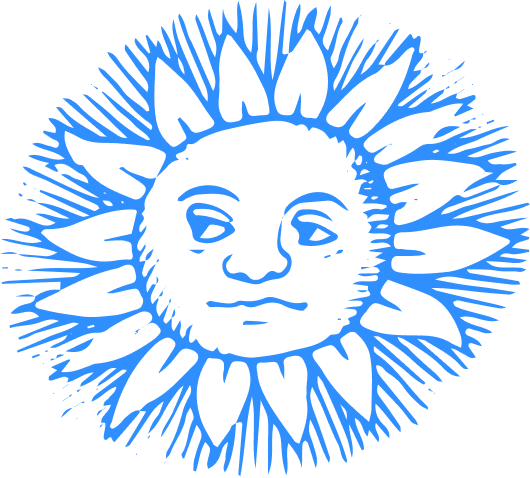Mind & Human Nature
What we know of ourselves in a scientific age — and what we don’t

What we know of ourselves in a scientific age — and what we don’t

What started as a hushed melody has become a loud refrain: The mind is a computer, we are chemical machines, our deepest beliefs are the arbitrary results of contingent evolutionary history. These are modern science’s latest demotions of humanity. What we see, how we love, who we are — all are no more than byproducts of our brains. Maybe consciousness is even just an illusion.
The New Atlantis has long been a home for writers who push back against the exuberance of scientism and seek to cordon off for ourselves a realm uniquely available to human experience that science does not, and cannot, venture into. A physicist’s explanation of time in terms of the laws of thermodynamics, his insistence that nature recognizes no difference between past and future, is on the other side of a bright line from our own inner sense that time, like sand between our fingers, is running out for each of us — and never the twain shall meet. However sophisticated may be our explanations of love by neurotransmitters and brain scans, still “thou art more lovely.” There is a nobility in the struggle to join the poet in expressing what is uniquely ours — our inner sense of the world, my “I” that has a “thou” — against the attempts of the neuroscientist and the evolutionary psychologist to explain it all away, of the philosopher gleefully throwing consciousness and free will into the dustbin of history, and of a culture so enthralled by the trope of “actually” that it credulously surrenders.
But there are also risks in this pushback. It can seem to be reinforcing a false picture of mind and body as strictly divided, of a “mind-body problem” we must solve. Human nature is not so divisible. The world is not “out there,” while I am “in here.” Rather, we are embodied beings who think, and love, and know themselves and our world. Indeed, we have a world to be known, and this is the very foundation of science itself. The attempt to excise the conscious self from our representation of the world forgets that there is no world to be re-presented unless it is first present to us, naturally, and perhaps thoughtlessly. Putting this relationship into words is difficult, precisely because in doing so we risk attempting to undo it. As the French philosopher Maurice Merleau-Ponty wrote:
We witness, at each moment, this marvel that is the connection of experiences, and no one knows how it is accomplished better than we do, since we are this very knot of relations. The world and reason are not problems; and though we might call them mysterious, this mystery is essential to them, there can be no question of dissolving it through some “solution,” it is beneath the level of solutions.
While the bright lines our culture typically draws — between inner and outer, consciousness and matter — are usually described as problems of mind, these are actually stand-ins for questions about what it is that makes our nature distinctly human: not only how it is possible to be rational beings made of perishable flesh, dust that thinks of itself and then reaches beyond, but what these things even mean. Often when we hear today that “we now know” from science why humans need art, why we seek God, why we love whom we do, we attempt to short-circuit humanity’s longest-debated questions about itself — as if we moderns are the first to notice that we are made of matter. Sometimes this short-circuiting is simply hasty and blithe; at other times it reveals deeper motivations.
For these questions about human nature are not merely academic but are crucial for our most important political and moral debates. The long-running conflict between conservatives and progressives has often been described in terms of the parties’ different perspectives on human nature: According to conservatives, the radical projects of progressives are based on a denial of the limits imposed by human nature, while progressives have long held that beliefs about human nature are ideological justifications for the status quo, and that by rationally controlling social conditions we can dramatically alter what conservatives see as immutable facts.
In recent years, these debates have become more complex: Some progressives have increasingly embraced a reductive account of human nature as determined by neuropsychology and genetics, while conservatives have placed greater emphasis on defending our distinctive freedom. Behind this change in attitudes lies, among many other things, the development of technologies that could allow for the manipulation of human nature’s biological foundations — thus making human nature itself one of the conditions subject to rational control by would-be reformers. Understanding the relationship between body and mind, and between nature and freedom — and where these divisions break down — is thus essential to facing some of the most important moral and political challenges of our time.